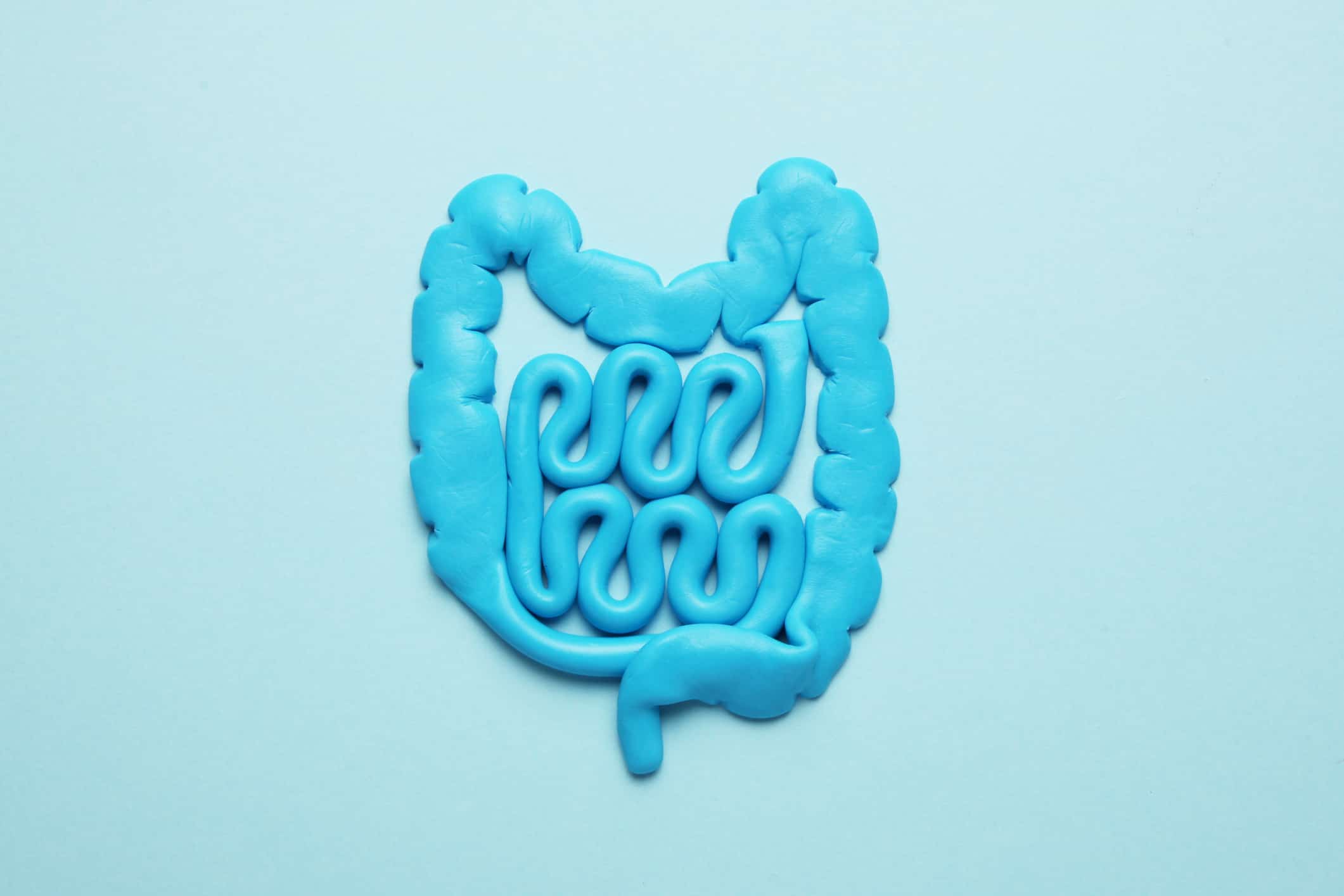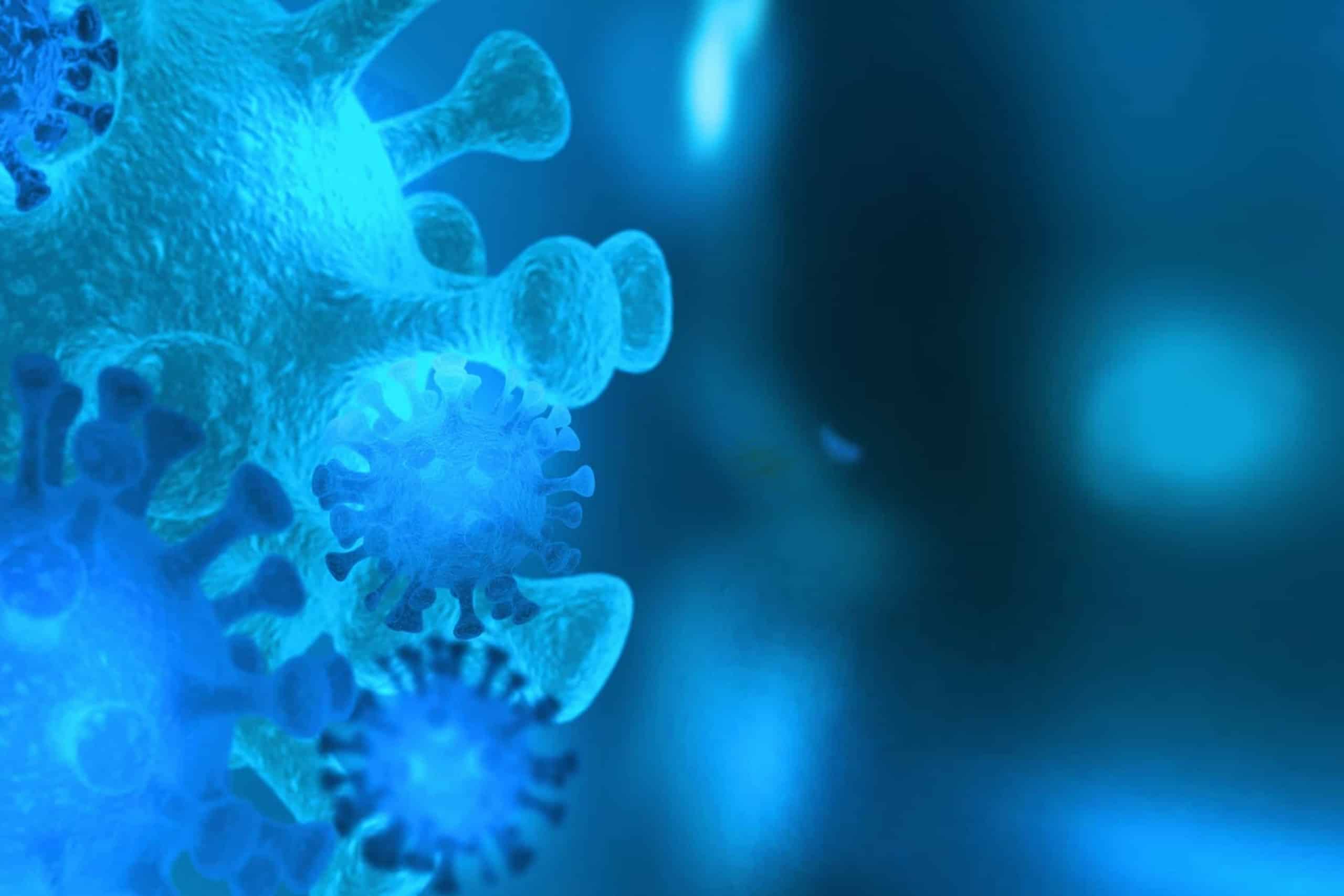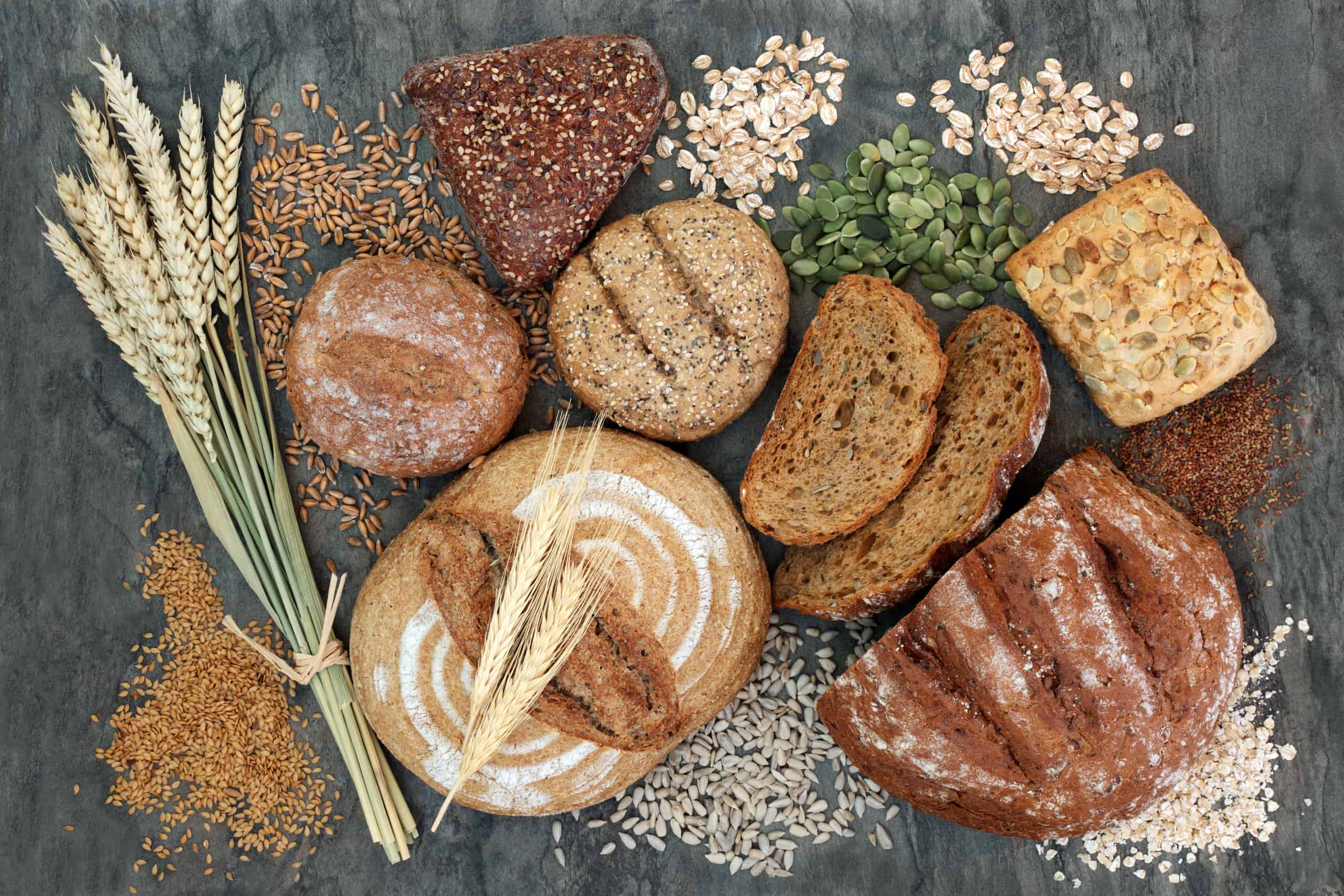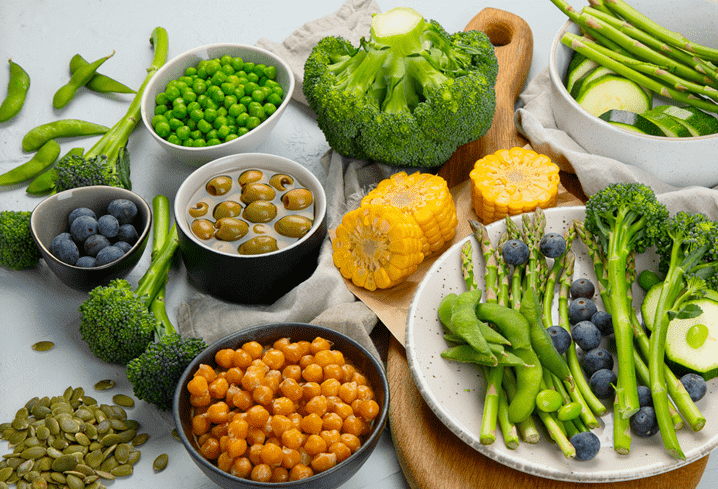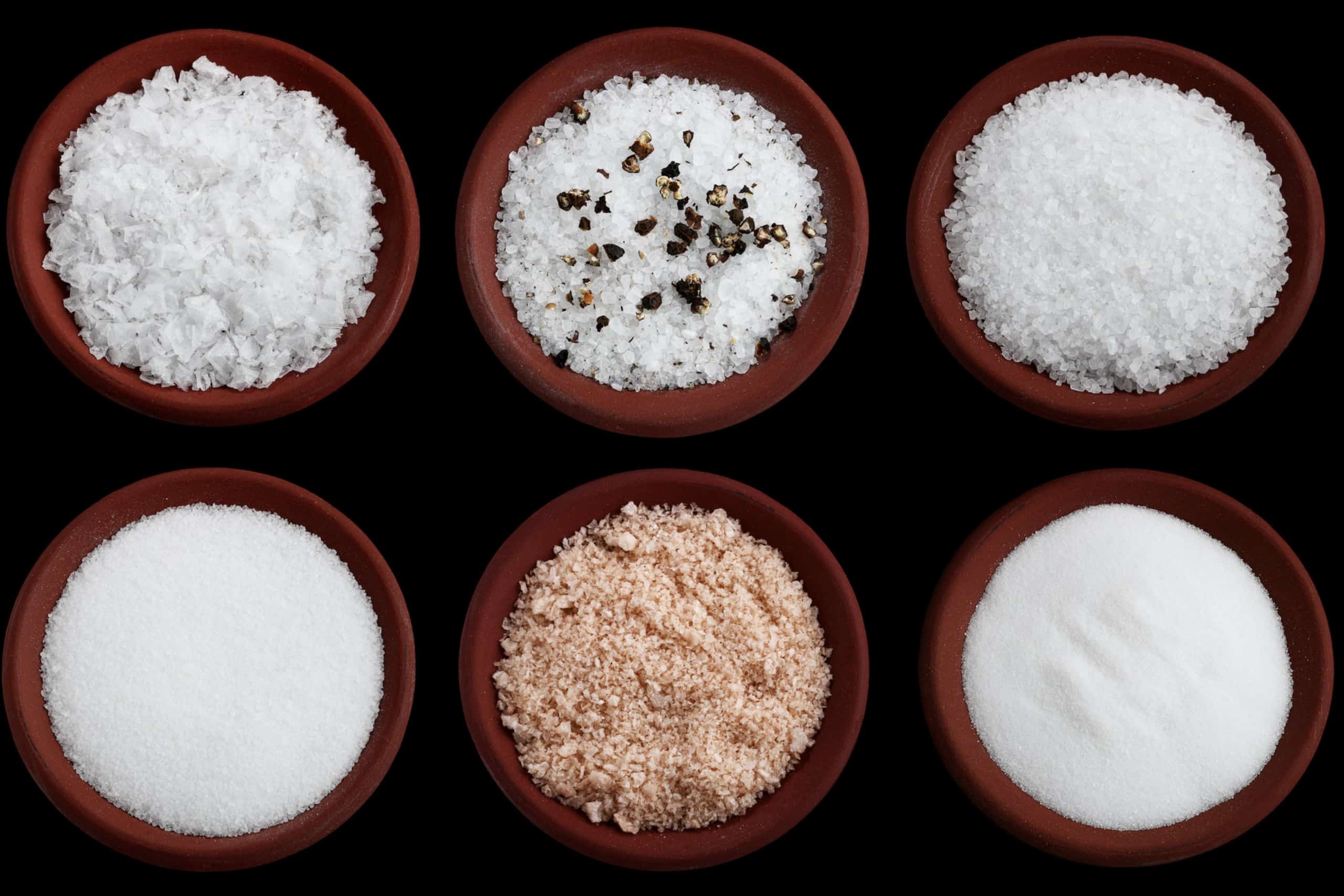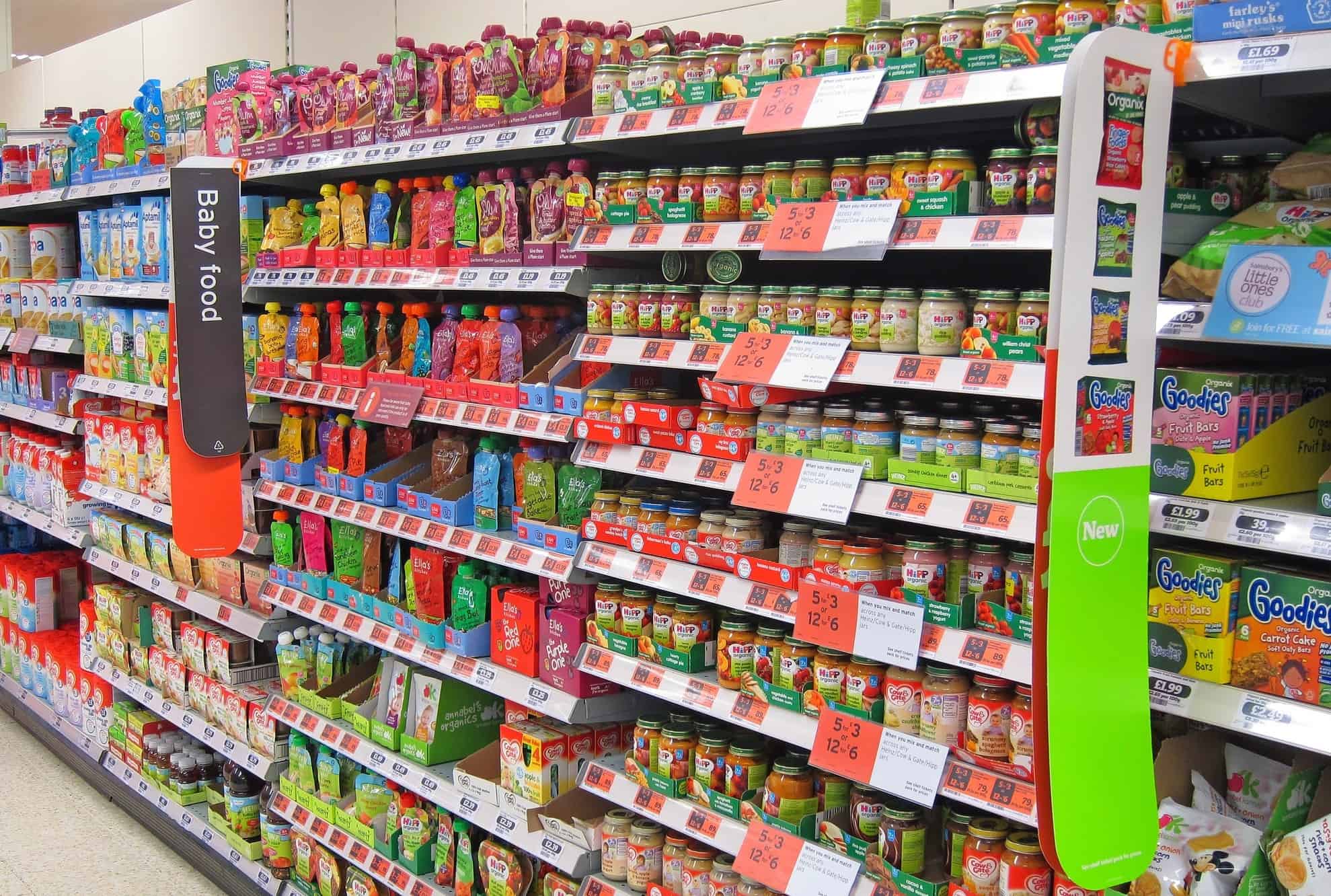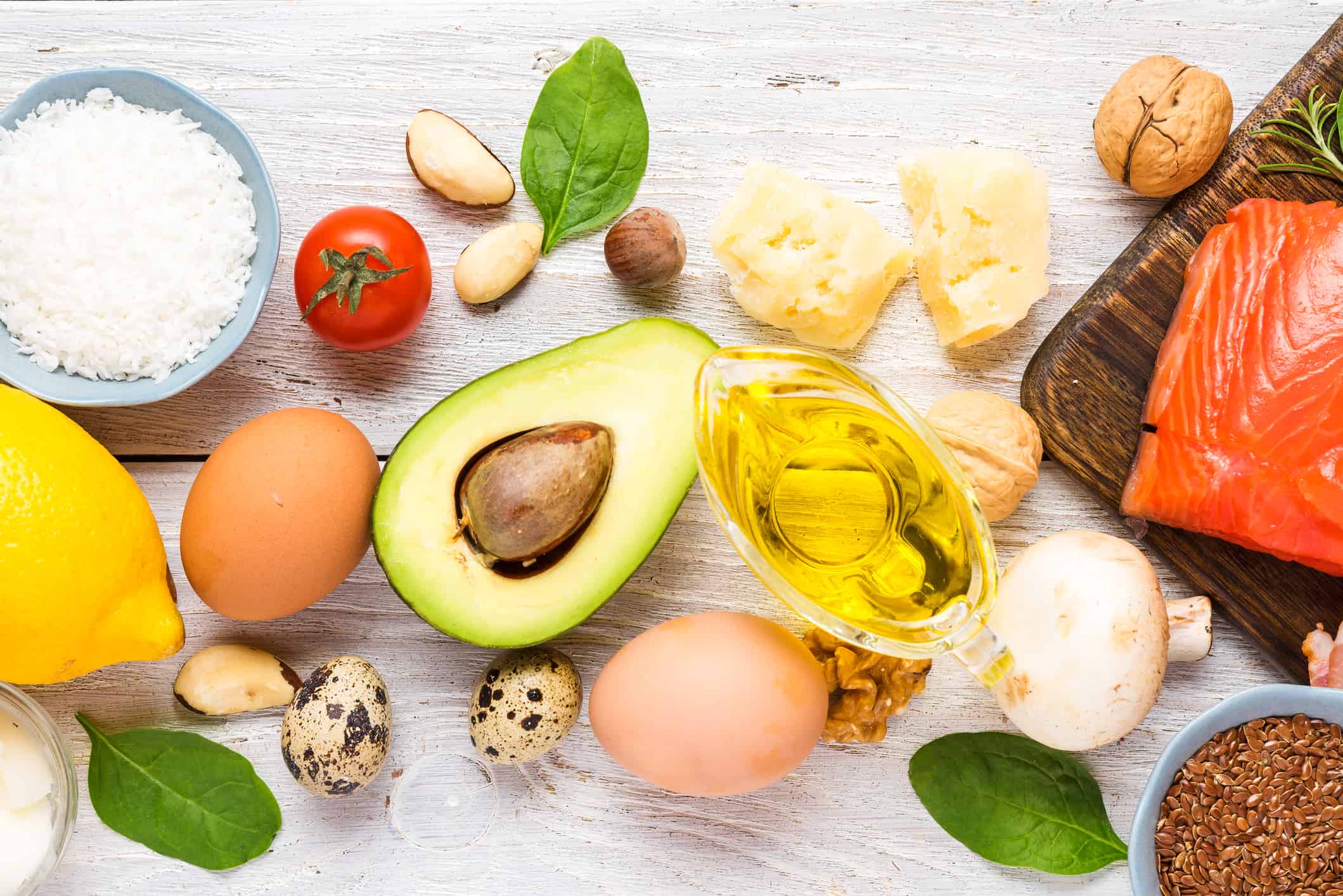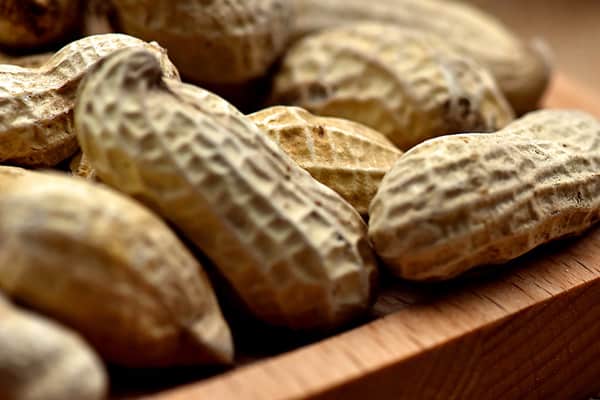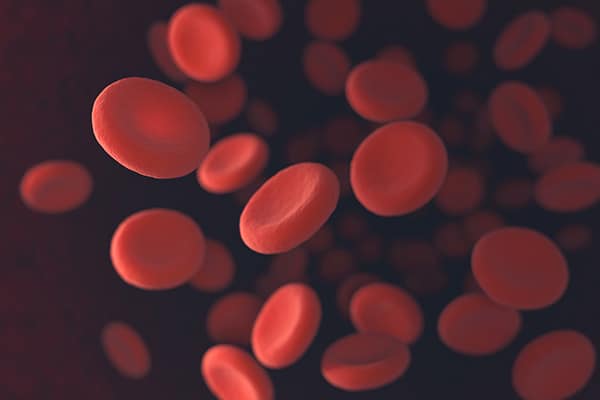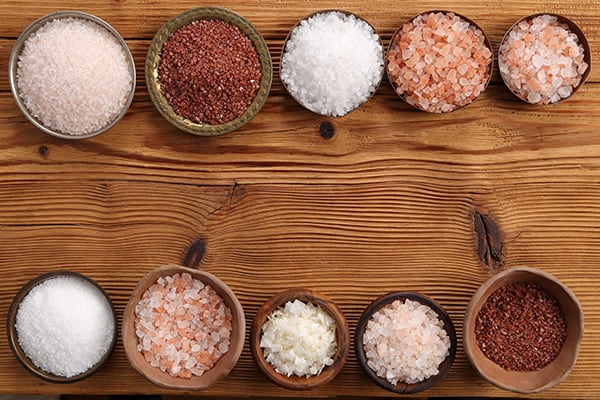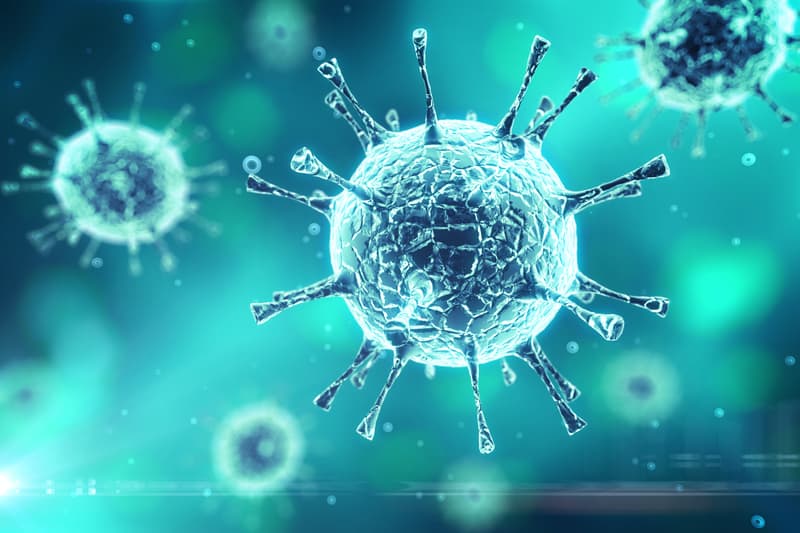Sodium Reduction Across the Food Service Sector
Most North Americans have dietary sodium intakes that approach or exceed recommended limits, which is potentially a risk factor for hypertension and cardiovascular disease.
New Cadmium Review Of Spinach, Rice And Other Foods
New Cadmium research aids the FDA Action Plan aimed at reducing heavy metals in foods by estimating the American population’s Cadmium exposures in food.
Coordinating Nutrition And Gut Microbiome Research
The microbial cells colonizing the human gut form an ecosystem that is integral to the regulation and maintenance of human health.
Focus Groups Provide Insight into Food Sector’s Sodium Reduction Efforts
This most recent paper is one in a series on sodium reduction that IAFNS has supported, in addition to a key database of scientific articles on reduction strategies.
Firms Can Now Add Live Microbes to USDA’s Branded Food Products Database
The partners for the USDA Global Branded Food Products Database have made it possible for food manufacturers to contribute information on live dietary microbes to the Database
Measuring and Adding Fiber to Foods
Two new publications can help food makers formulate fiber-added foods with acceptable consumer tolerance.
Science Innovation Showcase Sessions
This science-first and science-focused event will bring together scientists from multiple sectors, at all stages of their careers from graduate students to professors, technical experts to CEOs.
New Protein Digestibility Measures
Supporting validated, practical in vitro approach to determine protein quality - for use in formulating and labeling food for the North America population.
Reference Values and Background Levels for Heavy Metals in Human Diets
IAFNS paper Review of Regulatory Reference Values and Background Levels for Heavy Metals in the Human Diet is recognized as one of the most downloaded articles in Regulatory Toxicology and Pharmacology!
Fundamentals Of Gut Microbiome And Nutrition Research
IAFNS has an extensive library of webinars focused on gut microbiome and nutrition science. Among these webinars is a subset of presentations targeted to individuals interested in reviewing the basics.
Updated Guiding Principles for Funding Nutrition Research
Updated Guiding Principles for Funding Food Science and Nutrition Research, published in The Journal of Nutrition.
Mary Swartz Rose Senior Investigator Award
IAFNS is honored that its Ad Hoc Working Group on a Framework For Developing Recommended Intakes Of Bioactive Dietary Substances has won the Mary Swartz Rose Senior Investigator Award! Congratulations to the team!
Sodium Reduction Science and Strategies Database
New searchable database compiles evidence-based strategies for sodium reduction organized by specific food categories.
New Tool for Improved Food Sampling Performance
With funding from IAFNS, investigators built a validated and ready-to-use simulation model to maximize the power of sampling plans to detect target hazards.
Alternatives to Animal Testing
IAFNS supports the replacement, reduction, and refinement of the use of test animals – through our scientific programming in food and nutritional sciences.
Medical Care and Malnourishment: Moving Toward Nutrition as a Human Right
IAFNS partnered with CNS and CMTF to offer the Food for Health Workshop to explore malnutrition in various settings.
Reducing Heavy Metals
IAFNS collaborated with JIFSAN to develop an interactive, web-based Metal Dietary Exposure Screening Tool to rapidly evaluate potential health risks
Getting Food Decisions Right
Aims to clarify how safety and nutrition is evaluated particularly when there is potential for unintended consequences.
Dietary Sweetness and Weight
The USDA team will map the evidence to characterize the science related to the association between dietary sweetness and body weight-related outcomes.
Peanut Allergen
Food allergies affect a significant number of children and adults in the U.S. and Canada.
Caffeine Intake
With novel energy drinks, caffeinated waters, and greater array of cold brew and specialty coffees, an updated understanding of caffeine consumption is warranted.
PFAS and Food Packaging
Tackling gaps in understanding the risks posed by PFAS in food and packaging.
Red Blood Cell Fatty Acids
Do red blood cell fatty acids predict all-cause mortality better than standard risk factors.
Sodium Replacers
Reduce sodium intake to better align with federal recommendations and improve public health.
Personalized Nutrition
Personalized nutrition (PN) approaches can help to change behaviors and positively influence health.
Idea Portal
The Idea Portal is one of IAFNS’ collaborative approaches for identifying emerging science projects that catalyze science for the benefit of public health.
Low Moisture Foods and Survival of Pathogens
Food safety is an issue that concerns consumers, regulators, businesses and scientists.
Digestive Health
Digestive health is second only to general wellbeing among consumers’ top health concerns.



